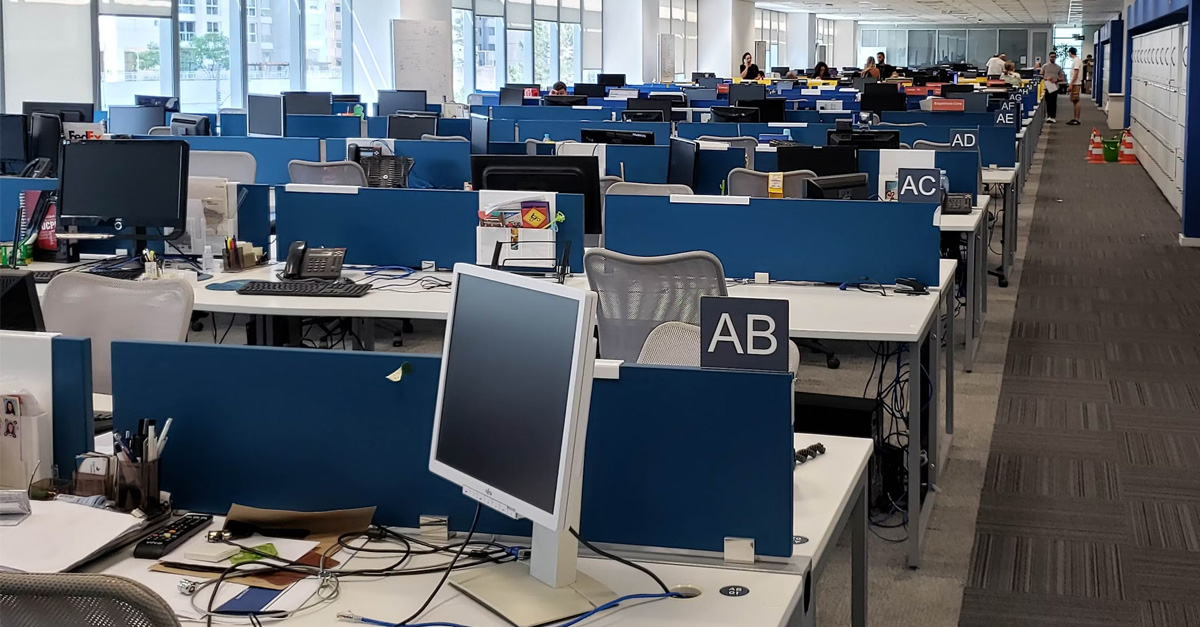
Should you Adopt "The Way of the DCT"?
Decentralised Clinical Trials (DCTs) are becoming more and more common - but they are not for everyone. You might be considering a DCT approach for a number of reasons. In a post-COVID-19 world, the work-life balance has shifted dramatically. People aren't opting for the traditional 9-5 office hours. In fact, many job roles are completely remote, and organisations working in clinical research are realising that many tasks - providing sufficient measures are in place - can be completed either remotely or in a hybridized manner.
If you are considering switching things up to introduce DCTs into your trial operations, here are some of the key things you should ask yourself:
...Do you even need to? What are the benefits?
It might seem fairly obvious, but do you even need to? Don't fix what isn't broken. If everyone is happy to continue working in your already optimised working environment and structure, is the DCT switch even needed? In many instances, biological samples are collected from participants and these will often need a site visit. If a participant is on site, it might be just as easy to collect other information from them instead of requiring them to do this off-site. Only you and your team will know if DCT is right for you. If you are still considering DCT - read on...
Are your SOPs suited to this way of working?
Your organization likely has established standard operating procedures (SOPs) for conducting trials. While these SOPs are crucial for ensuring a seamless trial process and aiding research staff in finding the necessary information, they must be adjusted to accommodate a DCT model.
Adapting existing SOPs to align with a DCT model can be time-consuming. Given that staff members are already stretched thin, there might be a temptation to skip the creation of new SOPs and fallback to ones which are 'good enough'. Failing to do this could expose your team to poor or lack of sufficient training, extended timelines, and the incurring of higher study costs due to limited monitoring capabilities and heightened competition for site staff availability.
Regulatory Compliance
Ensure that your proposed DCT model aligns with local (and international if necessary) regulatory requirements. In the USA and in Europe, the FDA and EMA can provide guidelines on any necessary requirements. Engage with these regulatory authorities if you need to and highlight any concerns you might have about changing-up your approach. Are you able to support a secure and robust way of collecting data?
Technology Infrastructure
Presumably you will need to adopt more technologies to ensure that your protocols adhere to regulatory standards. What will this system be? It might be something you are already using, but will need some optimising to be fit for this new way of working. Will you need multiple systems? Where do they operate? Is there a significant cost to this? Might this cost be worth it if staff time and resource cost can be reduced? and if the data is more accurate and more secure?
Training and Adaptation
Not everyone welcomes change so readily. You might find that staff members already have experience in remote working. This can be both a blessing and a curse. Working in a clinical environment will mean working at a very high standard of security. It could be challenging to break old habits of casual remote workers. Consider a bottom-up approach. Start from the basics of system security, logins, password policies, 2-factor security and go from there. Data breaches are increasingly common, but you can mitigate this risk with proper training. Remember - the weakest and most vulnerable point of any digital system is the human element, so do not overlook this.
Patient Engagement and Retention
It's not just staff members who might be wanting to take a decentralised approach. Participants submitting data and engaging with your study in new ways will also have some training needs. It is difficult to envisage whether they may be more or less willing to take part in research which involves technology and less paper work. If your DCT systems and setup is too complicated, it might be something that participants just can't get along with if they aren't assisted on an ongoing basis - in which case does the DCT model become more cumbersome? A basic training package which has been fully reviewed, in addition to a system which is very user-friendly and simple will go a long way in upholding retention.
Are there any things that you feel are essential to DCT uptake - get in touch.
Use the contact form here or email us at hello@trialflare.com














